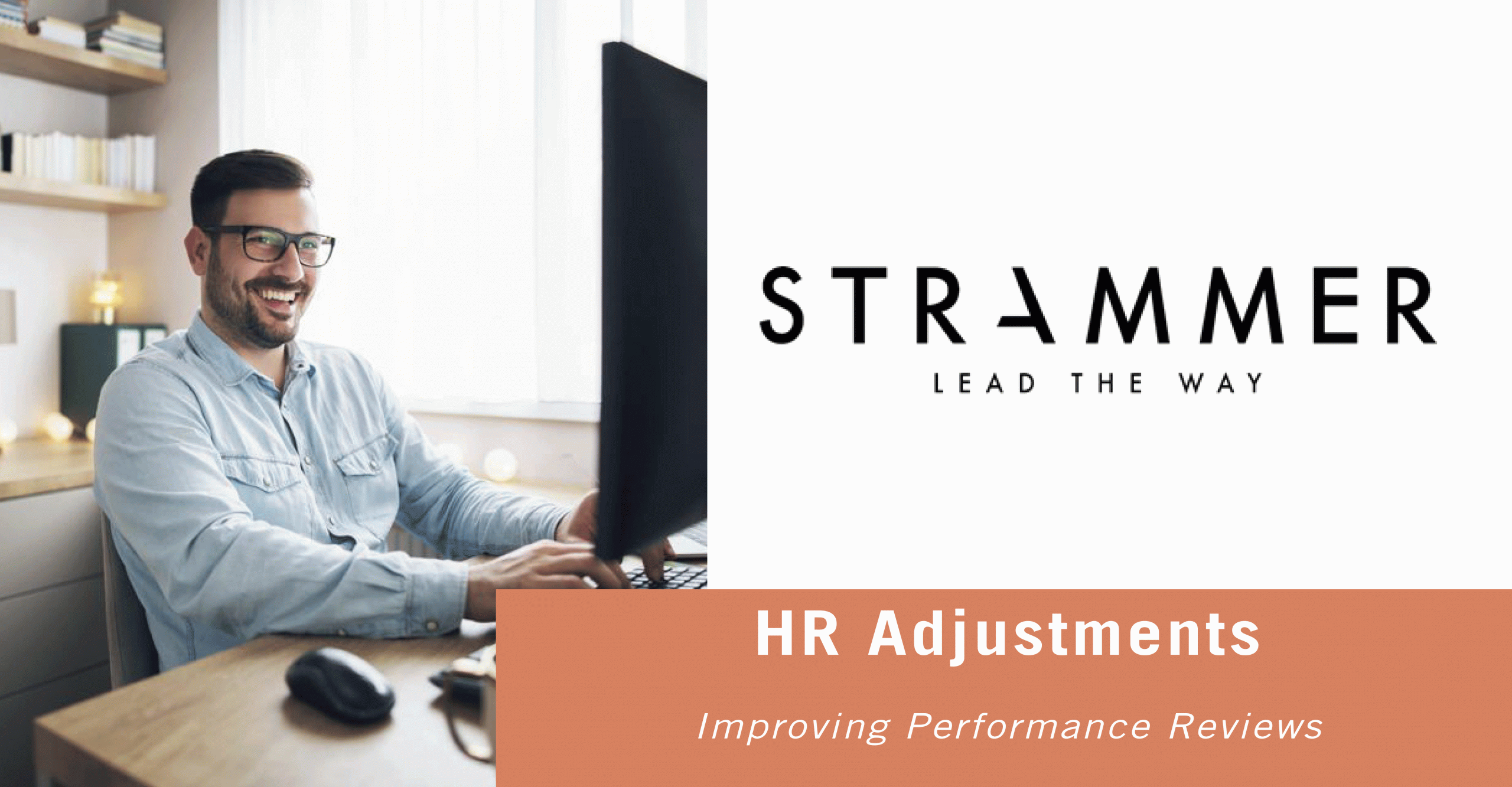How to Improve Performance Reviews
In companies across industries, HR departments have adopted different ways of tracking performance and productivity of employees. Managers and HR departments can set attainable short-term or long-term objectives that they want their teams to achieve. Another way that leaders can assess the work of their employees during the year is by using performance reviews. Performance reviews are formal assessments in which a manager evaluates the employee’s work, identifies the strength and weaknesses, and sets goals for future performance. Originally, they started as a strategy to help employees improve and build more unified and strong companies. When done correctly, employees can understand what they are doing well, what they need to improve and what is expected of them for the future. They should help the company assess how employees are growing and developing over time.
However according to Gartner, only 14% of employees strongly agree that their performance reviews inspire them to improve. Reasons include that the reviews are not constructive, and do not motivate them to work harder. Another weakness is that it incites managers to hold employees accountable for what they did last year. Similarly, HR departments believe they are time consuming and do not reveal enough information about employees. Therefore, both employees and HR departments do not always find success in performance reviews, there must be changes to be made in order to make them more effective.
Recently, employees have been asked to adopt new ways of working that are different than the way that they have operated in the last years. This adaptation comes with uncertainty, anxiety, and a need for large amounts of coaching and feedback. A study shows that only 29% of employees know whether their performance is where it should be since last year. This percentage has a direct impact on the mental mindset of employees, being uncertain of their performance at work. However, despite these statistics, a large majority of organisations still use them to decide on compensation and identify those who are performing below requirements. In fact, there are only a handful of companies who have experimented with other methods. They are not used properly by departments at work which make employees fear performance reports from their managers.
To improve the efficiency of performance reviews, the manager should offer specific steps for improvement. They should recognize the positive actions of their employees to motivate them to work harder. When stating the most important points to enhance, managers can ensure higher efficiency and performance in the upcoming years. This allows encouragement for employee growth and engagement as well as fostering a supportive company culture and improving the bottom line.
An alternative to performance reviews is the use of continuous feedback, whether after a meeting or when a project is done. This could be motivating for the millennial generation, as they can improve and adjust more efficiently with regular feedback. According to a Joblist study, nearly 60% of employees mentioned they find motivation in consistent assessment. Business researcher Josh Bersin estimates that about 70% of multinational companies are moving towards a new model of regular conversations around performance. This could be beneficial as employees can apply it straight away, as opposed to discussing the subject months or even a year on. Communicating feedback may help the employer to uncover issues affecting employees and preventing them from doing their best at work.
Employees can improve performance reviews by stating their opinion about the experience they have had in the last year and ask for changes they want or need if necessary. It is important for them to be honest and straight forward with their managers, to create a trusting relationship. They could also ask for continuous feedback from their peers throughout their work and projects to improve their work performance. This will allow them to achieve their goals and tasks with different perceptions.
Therefore, there are ways to improve performance reviews to make them more efficient for employees in the future. Whether companies focus on enhancing their reviews or switching to continuous feedback, managers should make sure their employees are motivated to work harder in the future. Similarly, employees should put efforts in becoming achievement-driven and rely on setting their own goals, receiving feedback, and assessing their work.
References:





